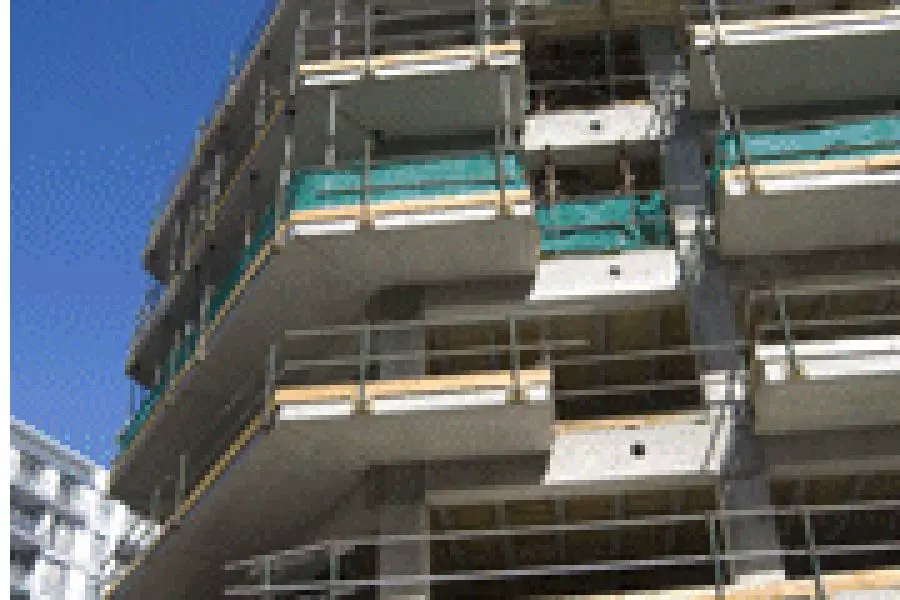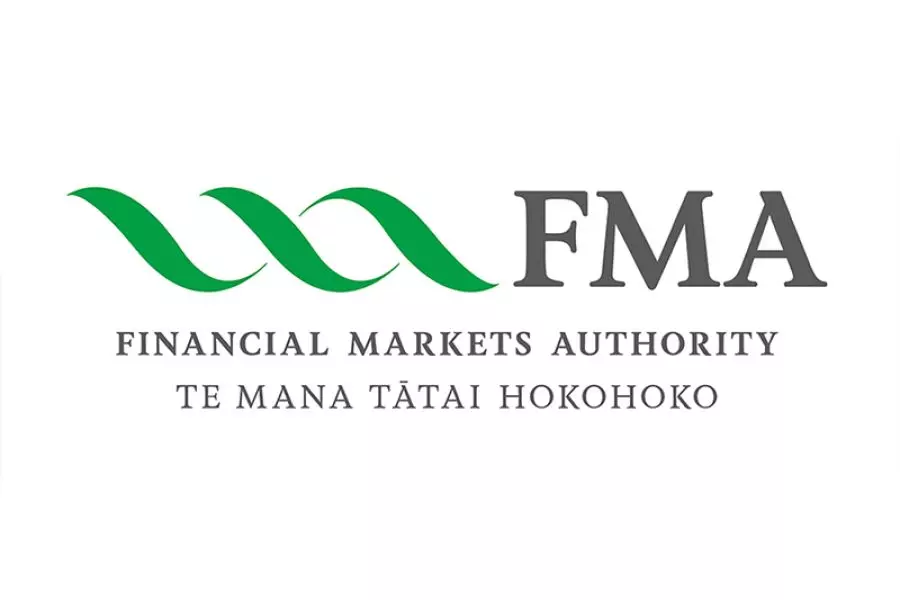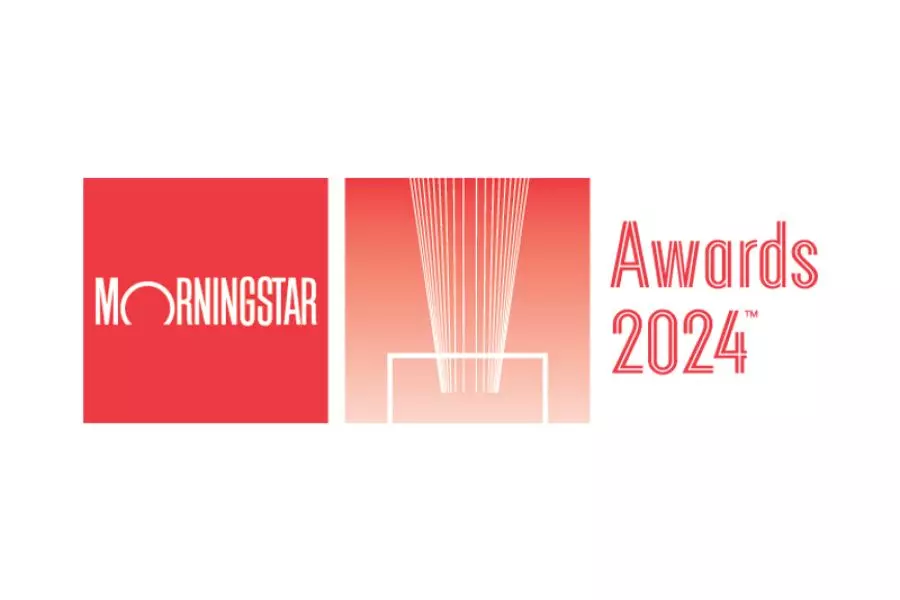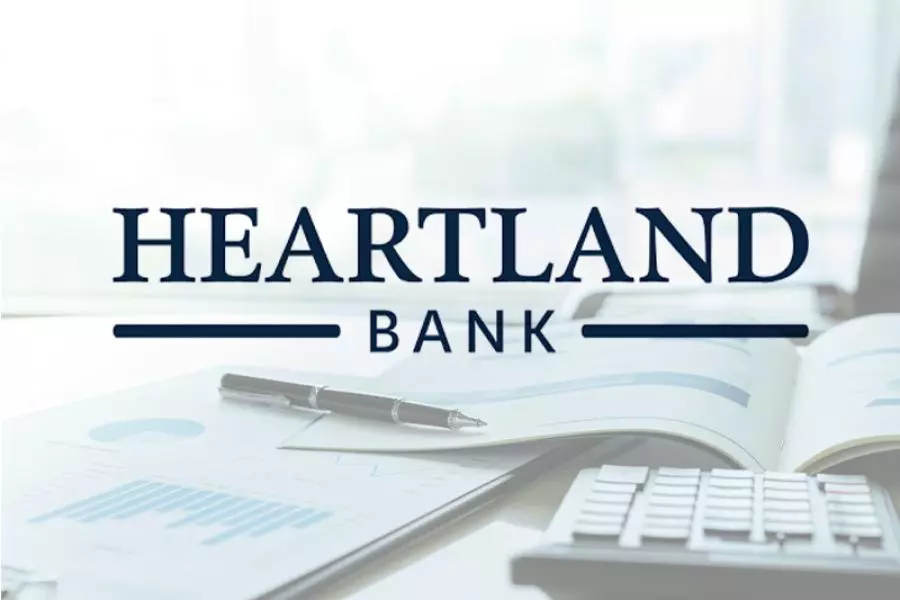News
Apartment price data misleading

Wednesday 2nd of December 2015
City Sales director Martin Dunn has slammed the use of asking price data as a guide to the value of Auckland apartments.
When it comes to apartments, asking price data is a dishonest representation of how apartments are valued and sold, he said.
“It is a burden on the public to imply that the asking price measure is a true measure of the actual apartment market.”
...
Want to read the full article?
Click the button below to subscribe and will have unlimited access to full article and all other articles on the site.
2 min read









![[The Wrap] Bye Bye Bayly](https://goodreturns.publit.io/file/c_fill,w_900,h_600/39f23ac1-f7c7-4854-b700-a150004ebbac.webp)